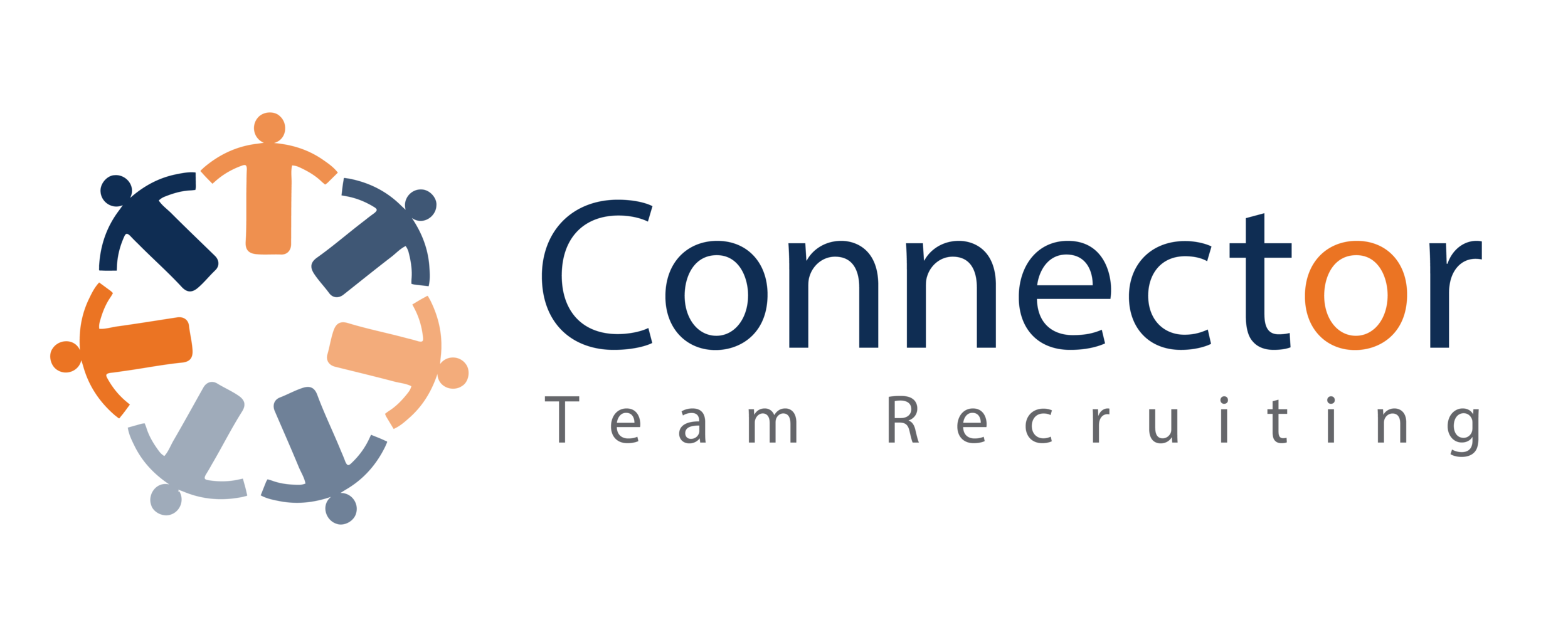As we step into the year 2024, the hiring landscape is undergoing a profound transformation. The once clear-cut emphasis on hard skills, defined by technical expertise and specific knowledge, is now giving way to a more nuanced approach that places equal, if not greater, importance on soft skills. Emotional intelligence, adaptability, and communication are no longer just 'nice to have'; they are essential competencies that companies are actively seeking and assessing in potential hires.
Here's a closer look at why soft skills have become paramount in the hiring process and how companies are evaluating these indispensable traits.
The Rising Value of Soft Skills
Emotional Intelligence: The Keystone of Professional Interactions
Emotional intelligence, the ability to understand and manage one's own emotions as well as recognize and influence the emotions of others, has emerged as a cornerstone of effective leadership and teamwork. In a business environment marked by rapid change and diverse teams, the capacity to navigate interpersonal dynamics with empathy and insight is invaluable. Emotional intelligence fosters a positive workplace culture, enhances team collaboration, and improves customer relations, driving organizational success.
Adaptability: Thriving in a World of Change
The only constant in today's business world is change. The Furniture industry has not been excluded. In fact, from my perspective the impact since Covid has been nothing short of dramatic. Adaptability, the ability to adjust to new conditions swiftly and efficiently, has become a critical skill for survival and growth. Companies are looking for individuals who can demonstrate resilience in the face of challenges, learn from experiences, and pivot when necessary. This skill ensures that businesses remain competitive and innovative, even as market conditions, technologies, and consumer preferences evolve.
Communication: The Bridge to Effective Collaboration
Effective communication has always been a fundamental skill in the workplace, but its importance has escalated in the digital age. The ability to convey ideas clearly and persuasively, listen actively, and adapt one's communication style to suit different audiences is essential for fostering collaboration, driving projects forward, and resolving conflicts. As remote work and global teams become more common, strong communication skills are vital for ensuring that distance does not become a barrier to productivity and engagement.
Assessing Soft Skills in the Hiring Process
Recognizing the critical importance of soft skills, companies are adopting innovative approaches to evaluate these traits in candidates. Traditional resumes and interviews are being supplemented with tools and techniques designed to offer deeper insights into a candidate's soft skills.
Behavioral Interviews
Behavioral interviews, which ask candidates to describe past experiences and how they handled specific situations, are increasingly popular. These interviews provide a window into the candidate's emotional intelligence, adaptability, and communication skills, allowing employers to gauge how they might perform in real-world scenarios.
Assessment Tools
A range of assessment tools are being used to measure soft skills. These tools can offer objective data on a candidate's abilities in areas such as teamwork, problem-solving, and leadership, complementing the subjective insights gained from interviews. Be very careful with assessment tools and how you use them. From my experience every organization that chooses to implement assessment tools should have an HR professional involved in the selection process as well as implementation.
Continuous Feedback Mechanisms
Post-hire, companies are also implementing continuous feedback mechanisms to monitor and develop the soft skills of their employees. Regular performance reviews, 360-degree feedback, and coaching sessions help individuals understand their strengths and areas for improvement, fostering a culture of continuous learning and development. From my personal experience, nothing was more helpful for my growth as a leader than to have that feedback loop from a 360 degree perspective.
Summary
So there you have it, our take on the increasing emphasis on soft skills in the hiring process. This trend reflects a broader understanding of what it takes to succeed in today's dynamic business environment. Emotional intelligence, adaptability, and communication are not just complementary to technical expertise; they are fundamental to achieving excellence in any role. As companies continue to innovate in how they assess and develop these skills, we can expect to see a workforce that is not only technically proficient but also emotionally intelligent, adaptable, and exceptionally communicative.
Use this approach to develop and build a team that is resilient, innovative, and cohesive that can thrive in the face of future challenges.
FREE DOWNLOAD!
24 Hiring Tips for 2024
Bill O’Malley is President of Connector Team Recruiting a firm headquartered in Charlottesville, Virginia specializing in the Furniture | Appliance and Sleep verticals. Connector Team is a full-service Search Firm offering permanent placement recruiting and interim staffing solutions.
Feel free to contact Bill at bill@connectorteamrecruiting.com.
© 2023 Connector Team Recruiting




